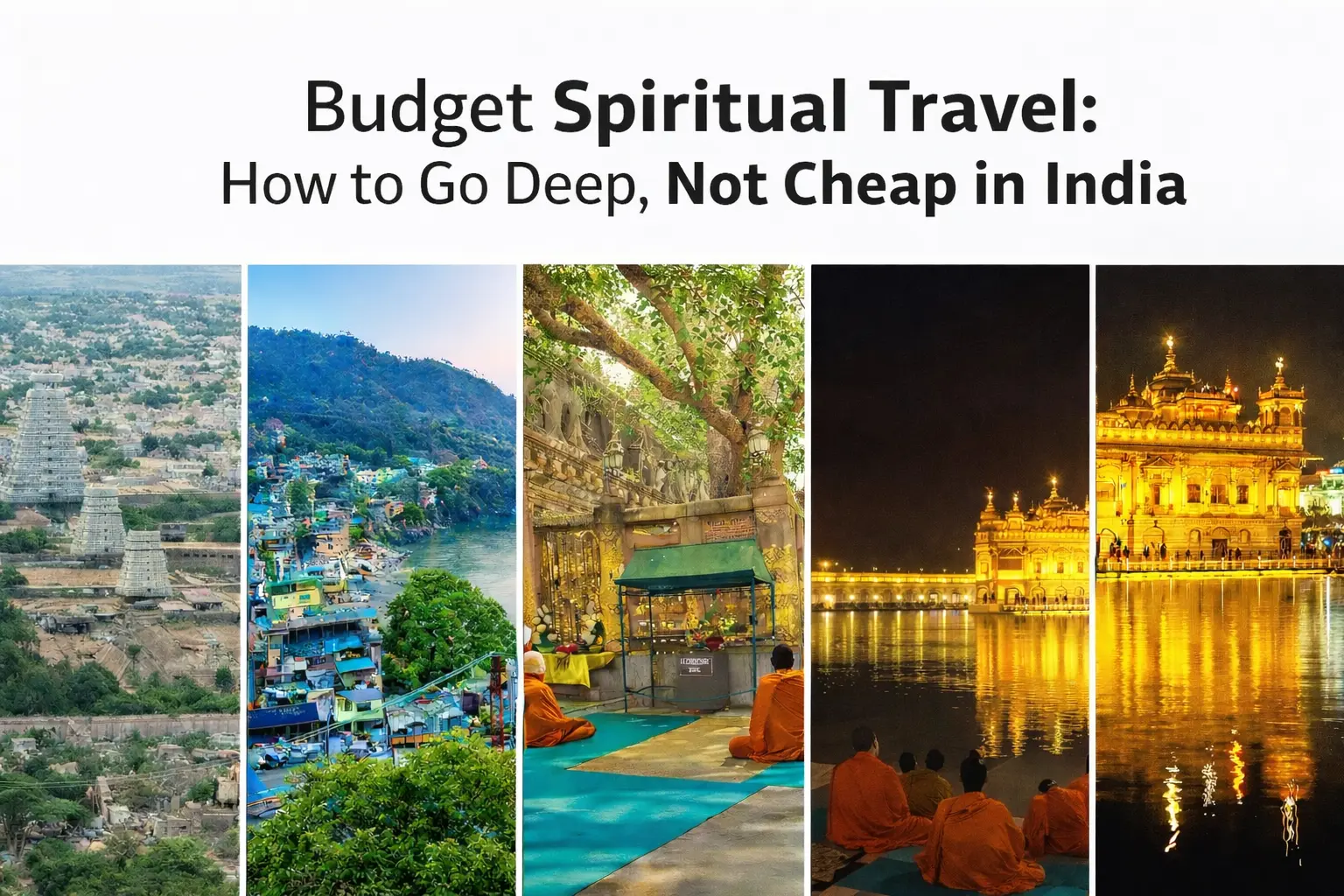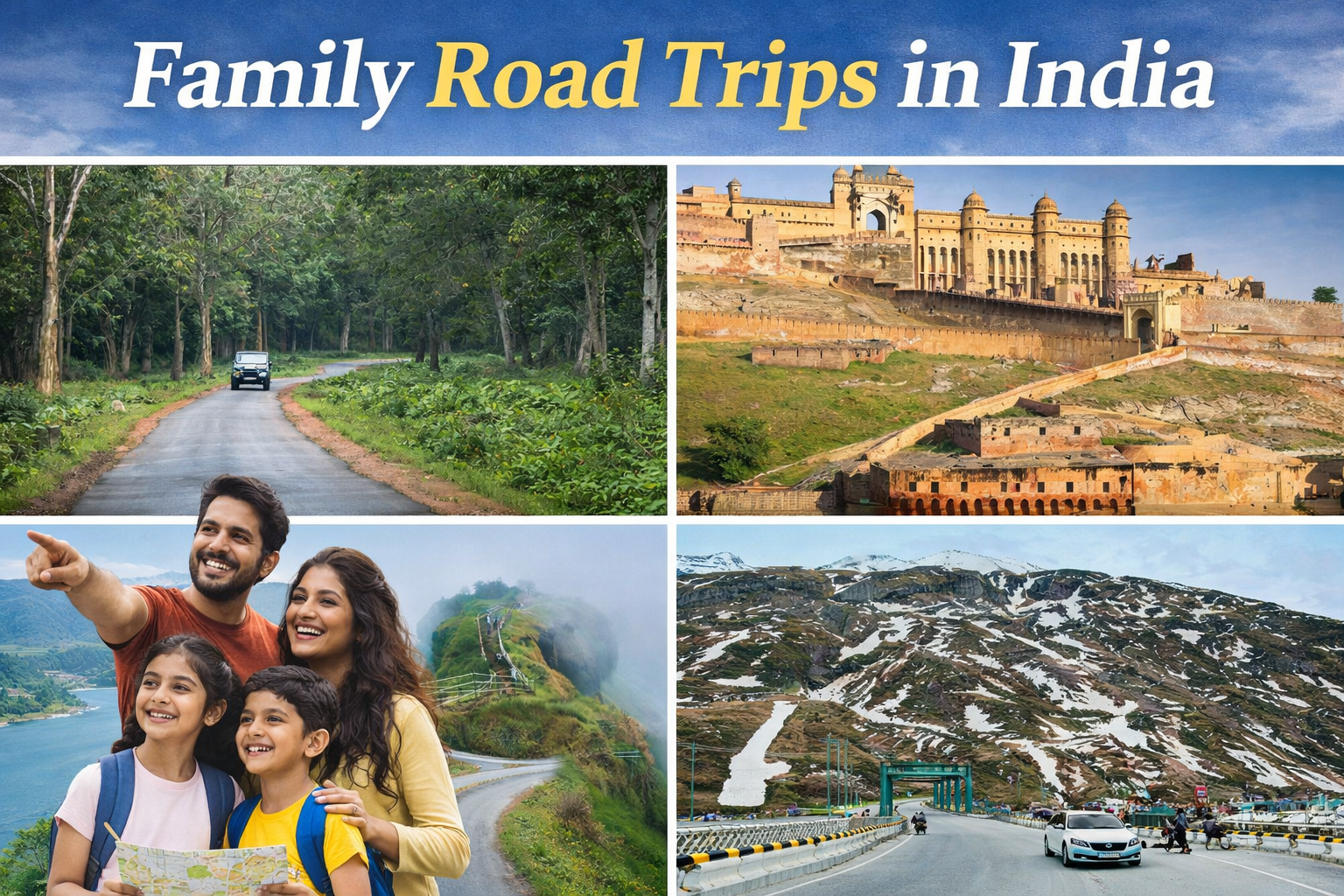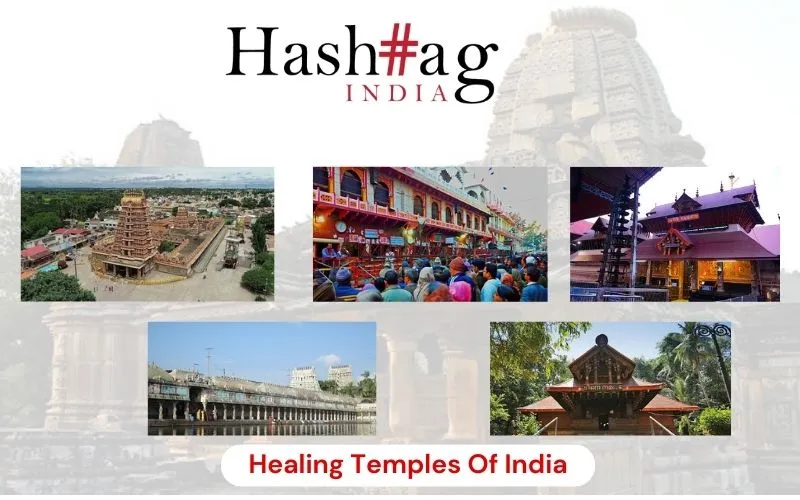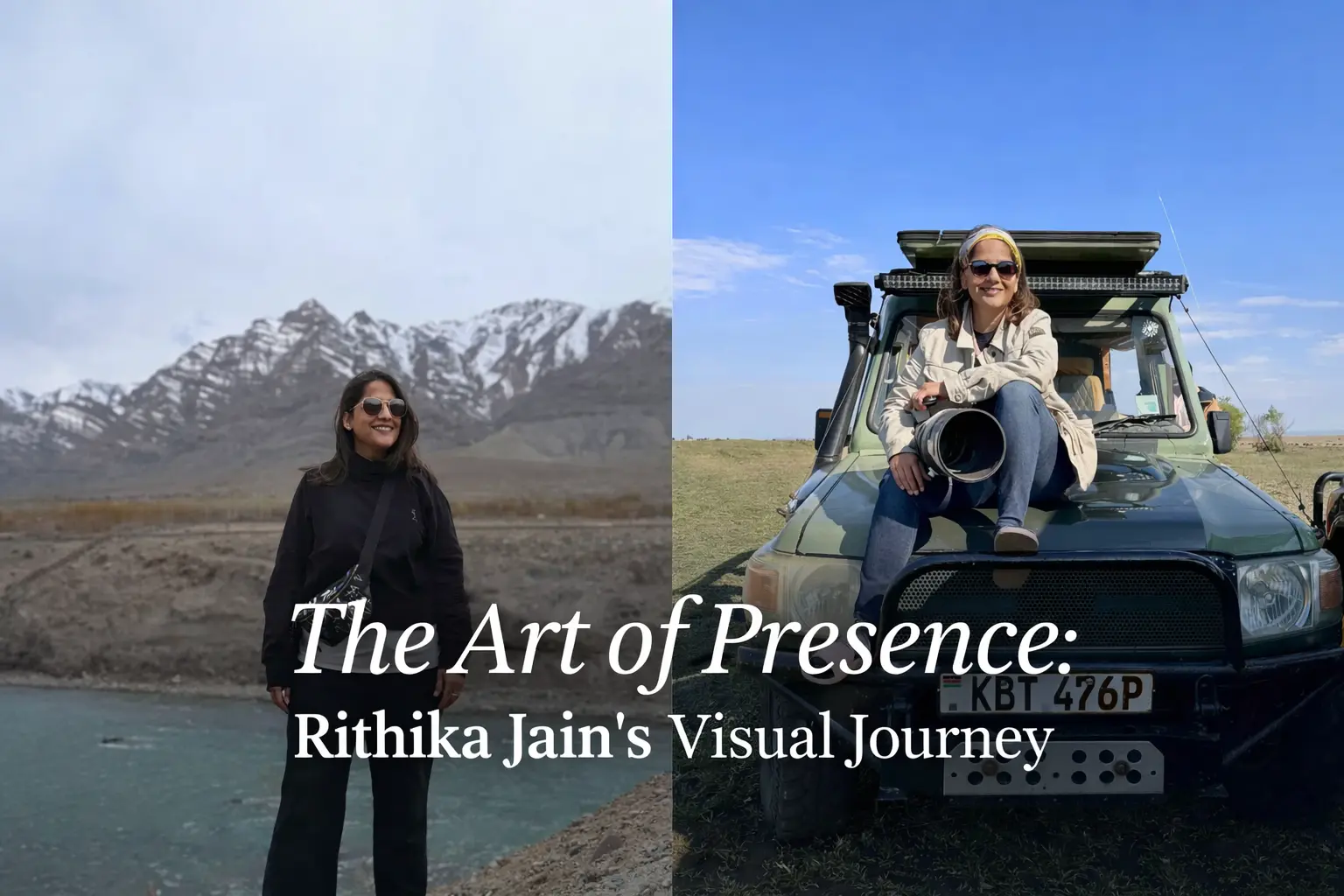The beautiful Amer Dera Wilderness Camp is a 180-acre family-run wilderness camp and farm, founded by Mr Udaijit Singh. The land was bought in 1981 and after declining several real estate offers, the family decided to rewild the area and adopt misused animals from the city of Jaipur, allowing visitors to interact with them in a safe and natural environment. Shraddha Reddy chats with Mr Udaijit Singh’s nephew, Bharat Singh, who helps his uncle run the property. In a candid interview with Hashtag, Bharat tells all about this one-of-a-kind family-run venture and why glamping is making waves in India.
For Mr. Singh, an avid wildlife lover and birder, the motivation to start camp Dera was simple; to rewild the land with native trees and shrubs, rescue the domesticated Jaipur elephants from a rigorous lifestyle in the city, and bring them out into the camp where guests can interact with them in their natural habitat.
With this being the passion behind the project, raking in the big bucks is far from his list of priorities. He runs the camp to sustain the land and its staff and is content by just breaking even. What matters most to him is creating a balanced, sustainable, and eco-friendly camp that provides a haven for animals, both wild and domestic, and gives visitors an opportunity to spend time with animals in their natural environment, while still enjoying all the luxuries one would experience in a hotel.
Can you tell us what the Dera Amer Wilderness Camp is all about?
The family at Dera Amer consists of 2 adopted Asian elephants, both of whom are females, a rescued dromedary camel, two rescued pariah dogs, and a cat. At our wilderness camp, visitors get the opportunity to interact with the animals by walking with them in our private jungle, feeding them and learning about them, always accompanied by a member of the family to answer any questions guests may have.
The camp also boasts of six sumptuous safari tents, designed for comfort and luxury, where guests can come and camp in style. One wakes up to peacocks, babblers, and our elephants having their breakfast outside their tents, with lots more activities and experiences that can be tailor-made.
Eco-Tourism Done Right
Today, Dera Amer stands as an exemplary example of sustainable afforestation, restoring the eco-system of the bush jungle, which in turn has led to the return of wild animals such as leopards, hyenas, foxes amongst other bird and animal life
What is the most popular feature at the camp?
Spending time with the elephants and walking with them in their natural environment in our private protected jungle is the USP of our camp The luxury tents are also a popular feature of the camp, as the option of true “glamping” isn’t available around Jaipur.
Walk us through the different activities at the camp.
As we call it, ‘Rhythm with the Elephant’ is the first activity we offered at our camp. The idea is to spend quality natural time with the elephants in the sanctity of a private, protected jungle by way of walking with them, feeding them, and if the weather permits, giving them a scrub and wash. The activities are enjoyed best exclusively, and guests are always accompanied by a member of the family.
“Living with the Elephants”
Another popular glamping activity at Dera Amer, where guests stay in the luxury tents, enjoy breakfast with the elephants, go for bird walks, and handpick their own vegetables from the Dera Amer farm. There are also lots of hiking trails around the area.
What do guests typically enjoy the most?
As I mentioned earlier, the USP of the camp is the two adopted rescue elephants that live with us as part of the family. Typically, guests enjoy spending time with them in the outdoors, surrounded by wilderness, birds, and blue skies. Birding walks are also fancied by nature enthusiasts, along with hikes in the surrounding hills. Nowadays people also enjoy taking Lucky, our adopted camel, for grazing, walks in the jungle!
Where are most of your employees/staff from?
Most of our team is from rural Rajasthan. We have a mix of employees from the local village and our own hometown, situated in the east of Rajasthan and western part of Uttar Pradesh. We have mahouts from Bihar and our primary chef is from the Himalayas! All in all, there is a mix of employees, all from the rural belts of India.





























